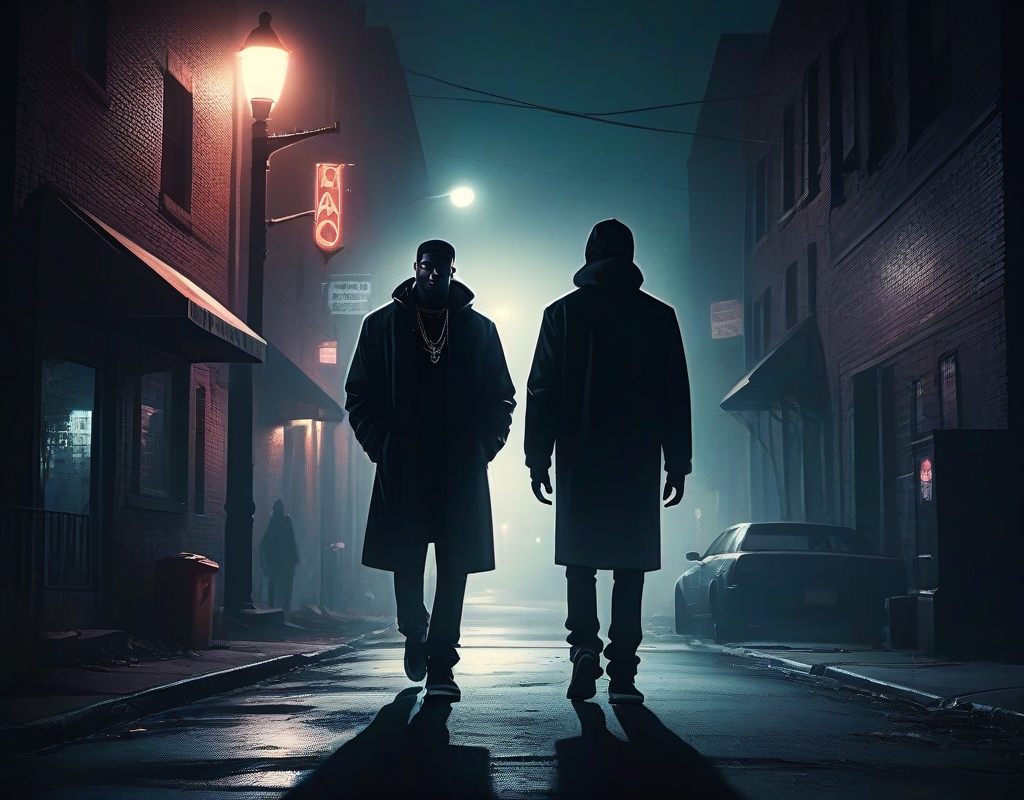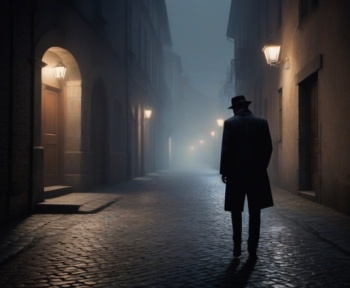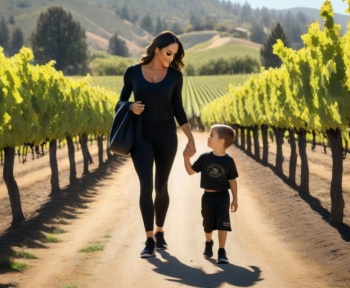In the unfolding legal drama of Grammy-nominated rapper Lil Durk, his defense team strongly opposes the prosecution’s tactic of using his rap lyrics as evidence in his ongoing murder-for-hire case. Arrested in October, Lil Durk stands accused of masterminding a deadly scheme. What has further exacerbated the matter before the court is the prosecution’s use of verses from Durk’s song “Wonderful Wayne & Jackie Boy” released in December 2022. These lyrics are purported to describe events closely mirroring the fatal shooting of Saviay’a Robinson, a kin of fellow rapper Quando Rondo, which transpired in August 2022.
This initiative by the prosecution has sparked a significant debate on the appropriateness of leveraging artistic expressions as tangible evidence in criminal investigations. Durk’s defense team, led by notable attorneys Drew Findling, Marissa Goldberg, Jonathan Brayman, and Christy O’Connor from The Findling Law Firm, has fiercely criticized this move. During an interview with CNN, Findling condemned this practice as a desperate stretch by the prosecution, undermining genuine evidence and potentially infringing on artistic freedom—a sentiment supported by the American Civil Liberties Union which argues that this practice could dangerously chill free speech.
Lil Durk is recognized not just for his musical prowess but also for his societal contributions. His legal representatives are keen on painting a picture of him that extends beyond the allegations. Highlighted by Marissa Goldberg in a Rolling Stone interview, Durk’s involvement in community upliftment through his Neighborhood Heroes Foundation, which organizes various charitable activities in Chicago, exemplifies his commitment to societal betterment. His team argues that it’s Durk’s actions within the community that truly define his impact, countering the stark portrait painted by the legal charges against him.
The case against Lil Durk has recently escalated with additional felony allegations laid on him, including employing interstate facilities in the orchestration of the murder. Allegedly, he funded members of his Only The Family (OTF) crew to travel to California, who then supposedly surveilled and fatally attacked Robinson near Beverly Center. This accusation sketches a narrative of Durk pulling the strings of a sinister plot from the shadows, intensifying his legal troubles.
Furthermore, there’s a speculated link to the tragic death of King Von, Durk’s close associate and fellow artist, who was murdered in November 2020. Federal investigators posit that the attack on Robinson might have been in retaliation for Von’s death, suggesting a cycle of vengeance that intertwines personal loss with criminal allegations. The hip-hop community still feels the resonating impact of Von’s death, a narrative poignantly explored by Complex magazine which looks into the intersections of personal relationships and public careers in the industry.
Currently embattled with serious charges, Lil Durk has consistently maintained his innocence, pleading not guilty to all accusations. Detained without bond, his legal journey is gearing towards a crucial detention hearing set for December 12, with a status conference earlier on November 25 which may determine further legal maneuvers. The trial is preliminarily scheduled for January 7, 2025, though legal pundits anticipate potential delays given the involved case’s complexity.
This scenario also taps into larger issues regarding the utilization of artistic content as judicial evidence, an area that has seen other artists entangled in legal disputes where their creative outputs are scrutinized for prosecutable content. Each case sparks further debate on the balance between safeguarding free speech under the First Amendment and preventing perceived miscarriages of justice.
As the music industry watches closely, the outcome of Lil Durk’s trial could set significant legal precedents concerning how lyrics and other forms of artistic expression are treated within the judicial system. This extends beyond Durk personally, potentially influencing how artists will navigate the delicate interplay between creativity and legal restrictions moving forward. The mounting public and legal scrutiny surrounding this case underscores the tensions at the intersection of art and law, spotlighting the legal ordeal of Lil Durk as a critical dialogue in jurisprudence and artistic freedom.




